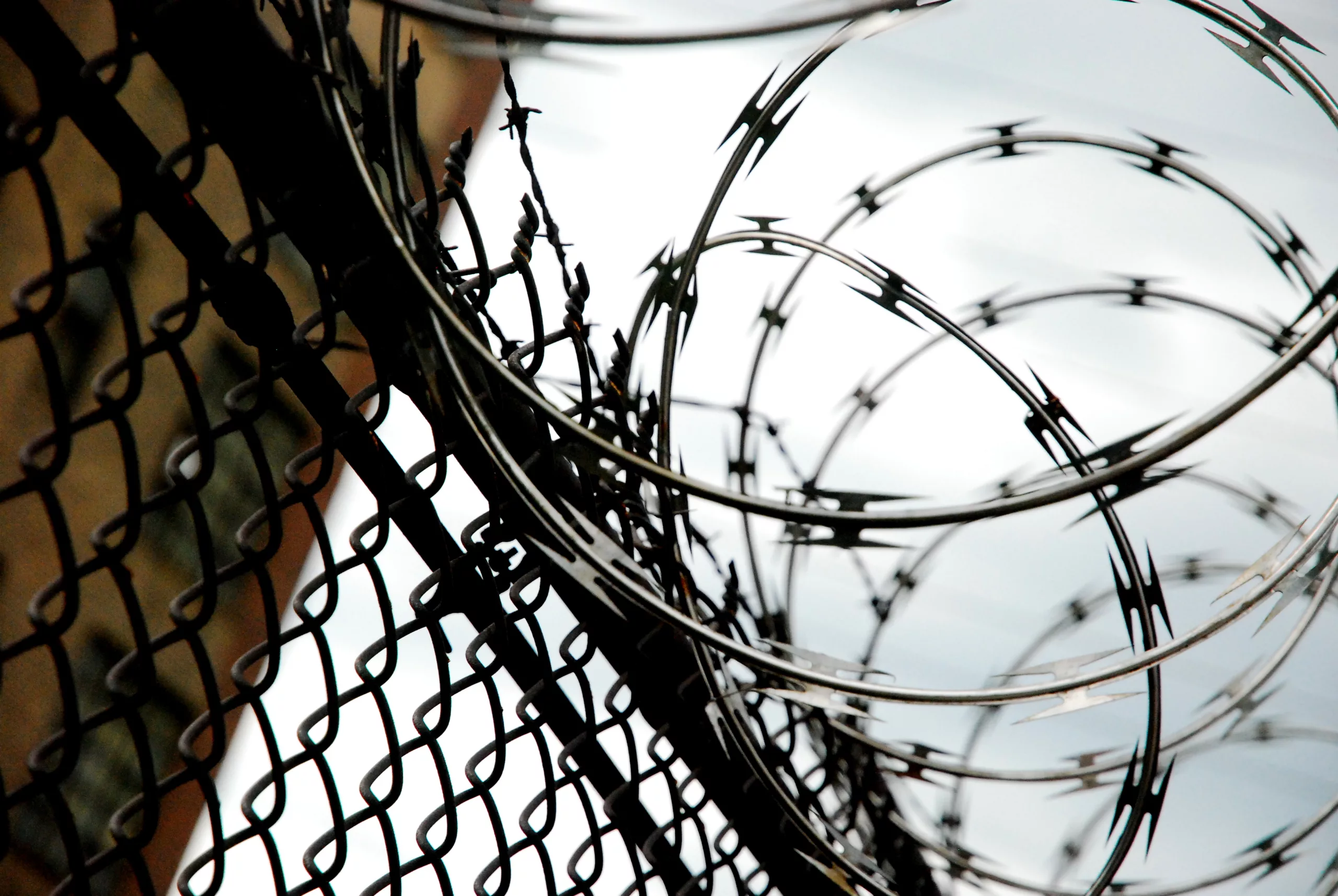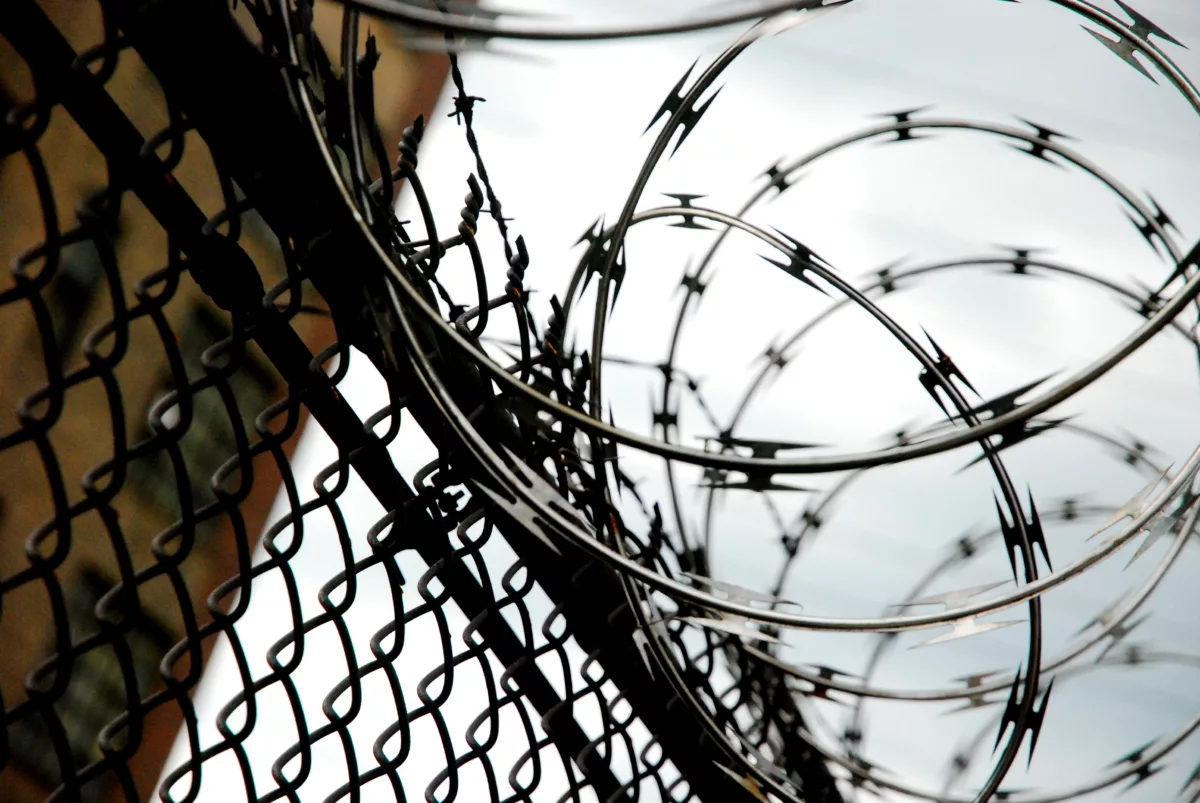Newsletter
Trans Women Report Self-Harm At New Jersey Men’s Prison
A trans woman mutilated herself in a New Jersey men’s prison after officials refused to transfer her to a women’s facility.


Trans Women Report Self-Harm At New Jersey Men’s Prison
by Adam M. Rhodes
A trans woman mutilated herself in a New Jersey men’s prison in February, shortly after officials refused to transfer her to a women’s facility. She is the second incarcerated trans woman in New Jersey known to have harmed herself in this way over the past year, as the state has granted prison officials more power to deny trans people requests to be housed according to their gender identity.
Jamie Kim Belladonna told The Appeal through email that she attempted to remove her testicles after officials denied her request to move to Edna Mahan, the state’s only women’s prison. In the process, Belladonna said she cut an artery and needed emergency medical attention. The New Jersey Department of Corrections (DOC) did not respond to multiple requests for comment on the incident.
“Because of how hurtful the language was to me with this denial, the next day I was set to mutilate this crap that I’ve been begging to have removed for a whole year,” Belladonna wrote. “But no one took me serious & then to deny me saying the main reason is the very thing I’ve been begging to have removed.”
In October, New Jersey amended DOC policy to expand prison officials’ authority to override the housing preferences of trans, nonbinary, or intersex prisoners. The Appeal was first to report the change.
While the previous policy gave prisoners the “presumption” to be housed according to their gender identity, officials now have broad power to reject such placements, including based on “reproductive considerations.” This language was seemingly added in response to highly sensationalized tabloid coverage of a transgender woman who impregnated two female prisoners at Edna Mahan. Although parties maintained the relationships were consensual, officials responded by sending Demi Minor, the trans woman at the center of the controversy, to Garden State Youth Correctional Facility, a state prison for men ages 18 to 30. Weeks after her transfer, Minor also mutilated herself by attempting to remove one of her testicles with a razor, which she said was in response to transphobia and delays in receiving gender-affirming surgery she experienced at the prison.
In the DOC’s denial of Belladonna’s request for a transfer, she says prison officials cited “reproductive concerns.” She suggested she had mutilated her testicles partly in an effort to eliminate those “concerns.” Belladonna also described facing hostility from staff at the men’s prison and said she had to “beg” officials to stop calling her a man. Medical personnel have also been neglectful in administering her hormone injections, Belladonna said, either forgetting or telling her they don’t want to retrieve the medication from storage.
Belladonna’s experiences echo a series of complaints from trans women about their treatment in the New Jersey prison system, and reflect a pattern of DOC decisions that have put transgender people at significant mental and physical health risk.
In August 2019, the ACLU of New Jersey sued DOC over its treatment of trans prisoners. The plaintiff in the suit, a transgender woman, also accused officials of routinely misgendering her, housing her in a male facility, and denying her access to gender-appropriate commissary items.
Incarcerated trans people face extreme risks of sexual and physical violence at the hands of prisoners and staff alike. In a 2015 survey from the U.S. Center for Trans Equality, the most recent version for which we have results, trans people in prisons and jails were over five times more likely than the general population to report being sexually assaulted by facility staff and over nine times more likely to report being assaulted by other prisoners.
Trans women like Belladonna also face more specific struggles behind bars. Prison officials often treat them as security risks to other women, or as logistical hurdles that staff must contend with, instead of vulnerable people with specific needs—namely access to quality health care and safe housing.
Like Minor, Belladonna has been housed in a unit at GYCF designated for vulnerable populations. But she still fears for her safety, especially following her experience being sexually assaulted while incarcerated in 2015, after which “no one cared & just refused to listen,” Belladonna wrote in an email. She says it was not until last year that prison administrators officially documented her complaint about the assault.
In light of such reports of abuse, the DOC has made recent investments in housing for vulnerable populations, gender-affirming health care, and a task force on preventing self-harm, according to Corrections Ombudsperson Terry Schuster. The goal of the programs is to uphold the safety and dignity of trans, nonbinary, and intersex prisoners, he said.
“Trans women in custody are especially vulnerable to harassment and abuse, particularly when housed in men’s prisons, and the state must take seriously the question of how to keep them safe and feeling optimistic about their futures,” Schuster told The Appeal.
While Schuster says he’s hopeful the new programs “will pay dividends over time,” Belladonna says she is suffering from delays that have taken a serious toll on her health.
Belladonna says she has been waiting for her vaginoplasty for more than a year, and noted that the surgery would alleviate any potential “reproductive concerns” around her being housed with other women.
“I just want my surgery and [to] move on with my life, if I don’t end up dead,” she said.
ICYMI — from The Appeal
Background check services claim to offer employers, landlords, and other clients a detailed snapshot of an individual’s criminal past. But their assessments can be deeply flawed, sometimes even fabricating crimes out of thin air.
Alan Willison, 32, begged staff at Georgia’s Clayton County Jail for medical help for nearly two months before succumbing to cancer. An official investigation has concluded that “medical neglect” contributed to his death.
After his arrest during a psychotic episode, staff at Indiana’s Jackson County Jail stripped Joshua McLemore naked and threw him in solitary for nearly three weeks. He was denied treatment and refused to eat or drink, leading to his death, a lawsuit alleges.
In the news
More than two-thirds of Texas prisons don’t have air conditioning. Lawmakers are trying to change that. [Jolie McCullough / The Texas Tribune]
A new analysis has determined that Portland police used more than 50 times the level of tear gas that federal regulators consider “immediately dangerous to life or health” at a demonstration held on June 2, 2020. Community members were protesting the police murder of George Floyd. [Sam Levin / The Guardian]
Five Coastal Georgia detention centers generated at least $1.5 million in total fees for phone calls, texts, and video calls for 2021 and 2022. In-person visitation has been closed at the facilities since the start of the pandemic. [Jake Shore / The Current]
Climate disasters continue to jeopardize the lives of incarcerated people. In California, there is “an imminent danger of flooding at two already-crumbling and overpopulated state prisons,” writes Abby Cunniff. [Abby Cunniff / Truthout]
New Mexico police officers arrived at the wrong address and shot and killed the homeowner. [Joseph Ax / Reuters]
That’s all for this week. As always, feel free to leave us some feedback, and if you want to invest in the future of The Appeal, donate here.
